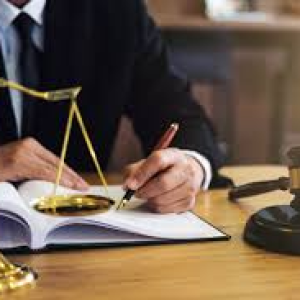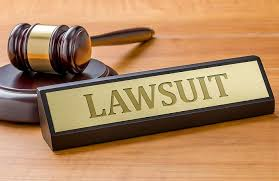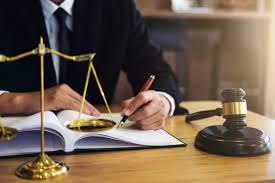
When you need to sue
After you decide to sue someone (initiate litigation) you will be able identify the person or persons responsible for your issue. In some cases, this will be obvious. However, in others, it may not be so easy to determine who is responsible for your problem.
You can also be held responsible for your own problems even if you didn’t cause them. Employers are responsible for their employees’ actions, for example. In this case, it would be better to sue the employer rather than the individual employee, since employers will have more insurance and money to cover the claim.
It is a waste to start legal proceedings against the wrong individual, company, or organisation. The court may also order that you pay for the legal fees of the defendants who have been involved in legal proceedings. It is vital to identify the defendants and their exact names. When you need help with Litigation Funding, contact www.novo-modo.co.uk/litigation-funding
There are several things you can try to do if you’re having difficulty identifying the right defendant or defendants. It is a practical and reasonable approach to write to all those who you believe are legally responsible, explain the problem and the reasons why you believe they should be in charge and then inform them that you intend to sue. This is not a slippery slope because modern courts encourage all parties to work together in administrative matters and on issues that promote the efficient, smooth and economic running of a court case. It can also help you to maintain your claim for costs if the defendant does not respond or if you decide to sue and find out that they are not the correct defendant.


Leave a reply